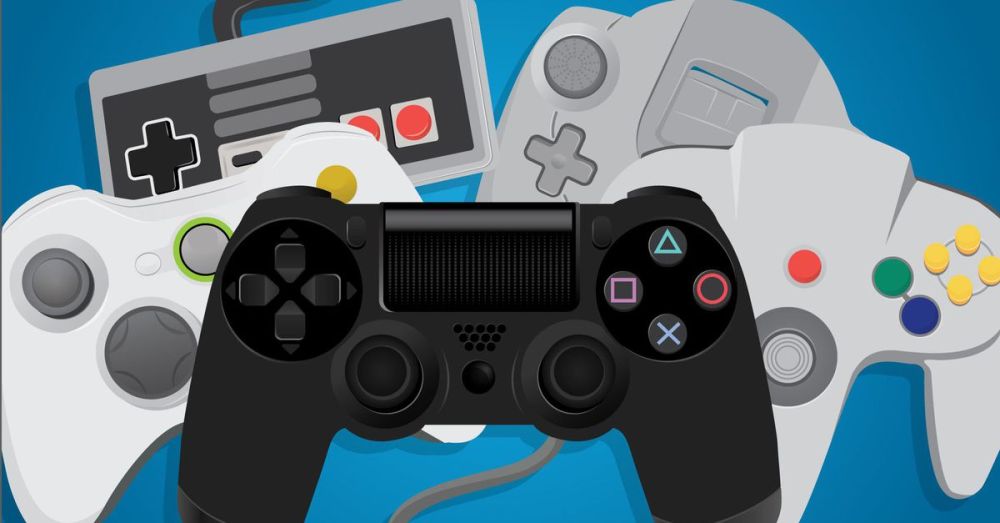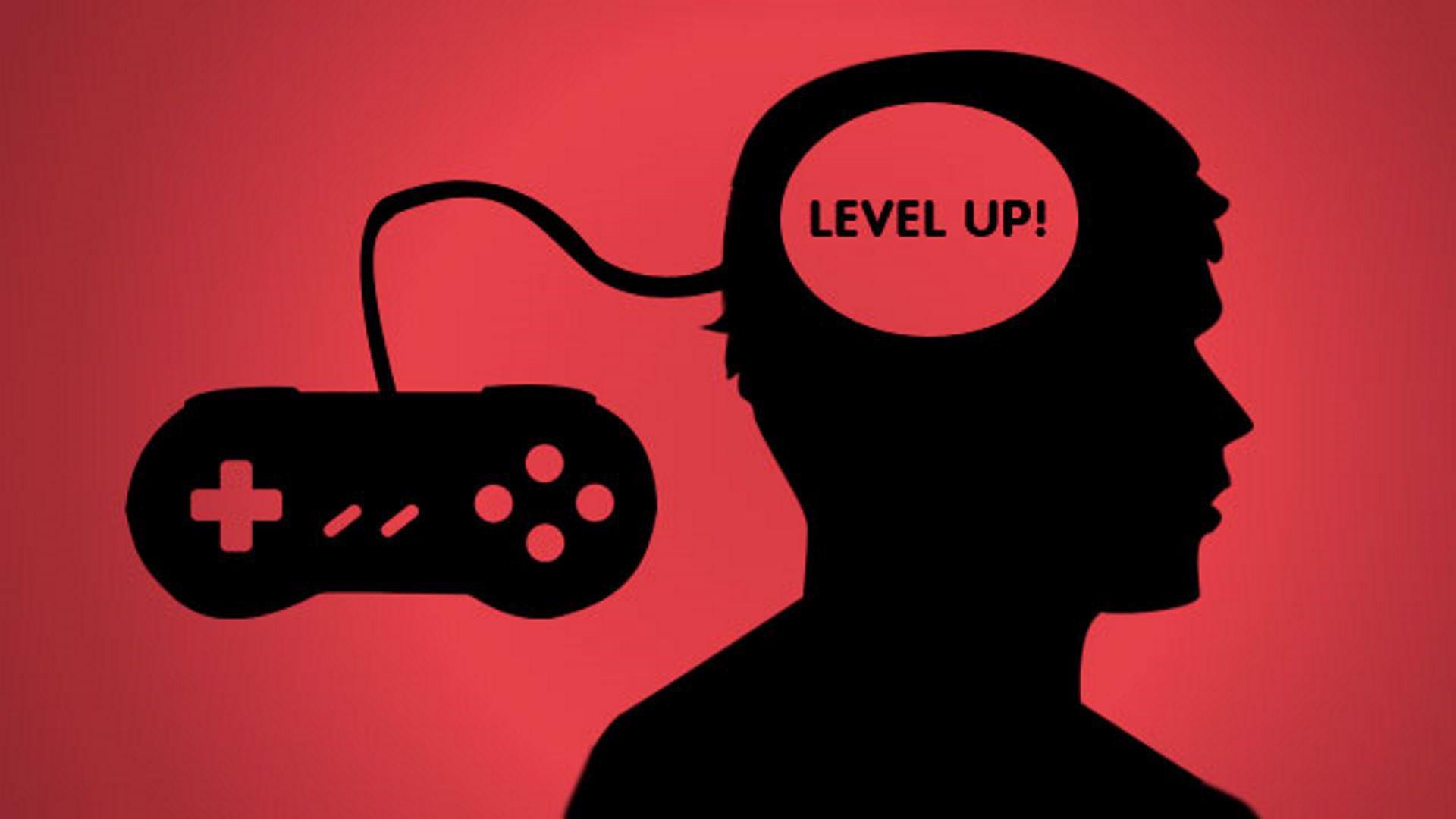Parents nowadays react very differently to children playing video games than they did just 10 years ago. Perhaps this is because those parents used to play those video games themselves, and maybe even still do. Whether these are games on a PC, console, or downloaded from the app store and played on phones, video games have become extremely popular in society.
Contrast this to how parents used to react — knee jerk reactions due to a variety factors, including the saturation of violence in video game titles, the (appropriately placed, it turns out) growing problem of technology addiction, and the old idea that — like comic books — “video games rot children’s brains.”
Interestingly enough, they’re now being used to do exactly the opposite.
“Video games have gotten something of a bad rap in media, and though research on violent games does exist, researchers are beginning to focus on the opportunity for developing and using video games specifically to address mental health needs,” write the experts at Bradley.
Not only that, but video games aren’t see as “just games” anymore — they’re colliding with athletics. The rise of eSports is one of Adelphi’s top eight predictions for the future of sports.
“As fantasy sports and e-sports [sic] continue to rise in popularity, so too will the fans clamoring to play them publicly. Imagine a major league football stadium packed on a Sunday afternoon… to allow thousands of teens to play League of Legends alongside other die-hard fans.” they write. “Sports franchises will continue to listen to the ever-growing rumble of the gaming community, looking for opportunities to cross-pollinate sports and video games.”
Of course, it’s not all positive; the truth is that too much of anything is a bad thing. Moderation in all things is important. That being said, video games now truly do have a place in the modern household, and should be embraced by parents much as they would embrace any hobby their child enjoys.
Here are four reasons parents should try playing video games with their kids.
1. Strengthening Bonds
Sharing any activity gives both parents and children time to bond with one another. Video games, especially couch-co-op type games, are great for this because they often focus on teamwork and the shared accomplishment of goals.
Even though it may just be pixels on a screen to the adult, to children, video games present very real objectives to complete. When parents help them overcome said challenges and accomplish tough goals, the bond between child and parent tends to deepen, with children learning that they can trust and rely on their paternal counterpart.
Beating a level in a game is comparable to building a birdhouse, or even winning a pinewood derby boxcar race — what might seem small and inconsequential to adults equates to a world of entertainment, fun, and learning to children. Not only that, but if you decide you want to go all-in on gaming, you could spending time building a gaming rig!
Sure, kids need instruction — but they also need to have fun. Supplying both in a balanced way will cement the parental role as a trusted caretaker.
2. Demonstrating Respect
Ideally, all parents would share an activity with their kids that both they and their children enjoy. Of course, this isn’t always the case, but when it occurs it presents a great opportunity for parents to teach respect by demonstrating it.
By handing a child the controller, parents are signalling that they trust their kid to be the master of their own digital fate. There are no training wheels, and the ability to control the outcome of a pixelated character teaches children to be autonomous.
They’re also signalling that they’re willing to do something with their children on an equal playing field — as a teammate, or as a coach if you like. In the same way that you cultivate chemistry within an athletic setting, you’re cultivating respect between you and your child, and demonstrating that you’re members of the same team: your family.
3. Awareness
Being involved is a great way for parents to monitor not only what games their children are playing, but what also what the general interests of their children are. Video games are so diverse and can have such radical elements integrated in them, that it’s a good idea for parents to be aware what their child is playing. This is a good rule to follow with all media, of course. Unfortunately, nothing good has ever come of judging a book (or game, in this instance) by it’s cover.
Fortunately, plenty of games are actually educational. Preston Felix with Techsling writes:
“Video games can be effective learning tools if they are properly implemented. Many video games focus on puzzle solving and intuitive thinking. Some examples of such video games include Telltale’s The Walking Dead, Grim Fandango, The Blackwell series and others.”
To truly be aware of the content that they’re consuming, parents need to be involved in their children’s lives and entertainment. Playing video games with them can help to give parents a real sense of not only the safety of the content of the video games, but can also help them form honest insight into their children’s interests.
4. Improving Communication
Playing video games gives parents the chance to both casually and instructively communicate and talk with their children. Sometimes it can be hard to have an honest discussion with kids. However, doing an activity together gives parents the chance to take the edge off, and allows for an open and free flow of information.
Instructively, look no further than the above-mentioned eSports; when teams are involved, instruction is crucial. Team chemistry requires communication, and games like Overwatch, League of Legends, and even Call of Duty require that you learn to work together as a team. Children can learn to problem solve and communicate more concisely when playing games with their parents.
On the other hand, maybe you’re just looking to have a casual conversation with games that are less intense. The way that golf-buddies bond and communicate is exactly how parents could facilitate communication between them and their children.
Of course, parents can’t and shouldn’t try to play video games every time they need to talk to their children. This approach generally has the opposite effect, causing the kids to clam up every time their mom or dad tries to play with them.
Once the adult has established a rapport and mutual enjoyment of the games, strengthening bonds, demonstrating respect, and building awareness, it will naturally be easier to have a one-on-one conversation with their children during video game time.
In the end, it all boils down to doing what is best for the future of our children. Playing video games with them is a great way to accomplish that.
Andy is a tech writer from Boise, ID. He enjoys wine, beer, and being drunk--but unfortunately is on a health-conscious kick at the moment, meaning he'll be drinking neither any time soon. Follow him on Twitter @AndyO_TheHammer






















































































































































































